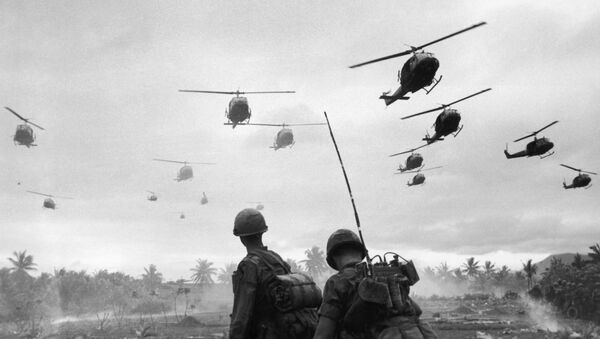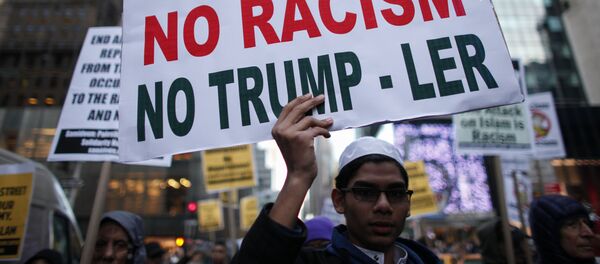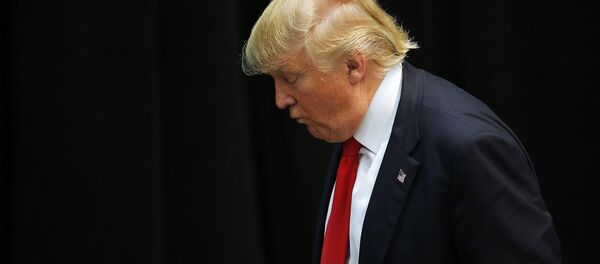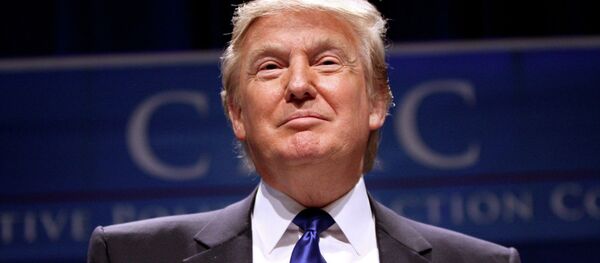On Tuesday, Loud & Clear’s Brian Becker sat down with historian Peter Kuznick to discuss the Vietnam War and the political motives of the politicians busy rewriting the history of the conflict, including a commemoration for the start of the war, set for Tuesday.
Why are we commemorating the start of the Vietnam War today?
"Last year was the 40th anniversary of the end of the Vietnam War. That was something that was worth commemorating and celebrating, but the start of the Vietnam War is completely ambiguous," said Peter Kuznick. "There are so many points at which you can date the beginning of the war."
Kuznick suggested that the first seeds of the Vietnam War can be traced to 1945, with Harry Truman succeeding to the presidency, following Franklin Roosevelt’s death. "Truman did not share Roosevelt’s anti-colonial leanings and was willing to get the US involved, to begin supporting the French effort such that, by 1950, we had committed to the restoration of French colonialism in Vietnam."
He said another appropriate start date for the conflict could be 1954, with the French defeat at Dien Bien Phu and a Geneva agreement repeatedly violated by the US.
The true beginning, in Kuznick’s view, however, was Eisenhower’s decision to block the election of Ho Chi Minh in 1956. "When Eisenhower was asked why the United States blocked the election that was supposed to take place in 1956 to unify all of Vietnam, he said if the election were to go on, Ho Chi Minh and the communists would win 80% of the vote, so it wasn’t in the US interest so we pushed Jiam to block the election," said Kuznick.
The death of Kennedy and the steady escalation toward atrocity
A significant turning point in the war was the assassination of US President John F. Kennedy in 1963. Kuznick noted that "Kennedy had committed to a lot of people to begin to pull US troops out, 1000 troops by 1963 and the remainder out by 1964." According to Kuznick, "when Robert Kennedy and Robert McNamara were asked would it mean to America if they were losing the war, they said we were going to pull the troops out anyways."
"Johnson didn’t share Kennedy’s commitment to withdrawing troops, and he immediately reaffirms the US commitment, tells the generals that the United States was not going to lose Vietnam, he was not going to be the President to lose a war to the communists," Kuznick said.
While Kuznick does not view Johnson as a hawkish tyrant, he does, however, consider the 36th president to be a leader who slowly crept into the quicksand of arrogance and unending war. "He didn’t go in there thinking we were going to massively increase the troop presence to over 500,000, or that we were going to begin this vicious bombing campaign. He gradually moved to that position."
The genocide that killed at least 3.8 million innocents
The public perception of the Vietnam War fails to reflect the reality of the gruesome ordeal. Americans often think about the impact on veterans’ communities, with many soldiers suffering PTSD, and returning to the US to face insults and disgrace, including accusations of being a "baby killer." A disproportionate number Vietnam veterans found themselves ravaged by illness, drug addiction, and homelessness after the US failed to address the needs of returnees.
But the War was also notable for the widespread use of indiscriminate carpet bombing, resulting in the near elimination of entire populations. While Americans can note some 60,000 US soldiers who died, they are often not aware that the civilian death toll in Vietnam and surrounding regions was estimated by US officials to be about 3.8 million people.
Kuznick looks to set that record straight. "Do you know how many people died in Vietnam?" he asked. "My students don’t know. When I do surveys with them they estimate maybe a half million Vietnamese died in the war. [Former US Secretary of Defense] McNamara came into my class and said that he believes that 3.8 million Vietnamese died in the war; 3.8 million. Why don’t the students know that?"
The move to recreate the history of Vietnam as a noble fight for freedom
"President Obama has now come out and talked about the nobility of American motives in Vietnam. What is he talking about? This was a war of atrocities. It was one of the worst war crimes of the 20th century, of all of history," explained Kuznick.
The professor detailed how the US military industrial complex and the neocons, starting in the 1970s and accelerating in the 1980s, pushed US officials "to sanitize, to cleanse the memory of Vietnam. Reagan said that he was tired of Americans apologizing about Vietnam, we should be proud of Vietnam, and Clinton and Obama do some of the same, today."
"The commemoration of the start of this war is bizarre," says Kuznick, "And now Obama says that the Americans were fighting for freedom, but what is he talking about? We weren’t there for freedom, we were actually trying to overthrow the popular and more democratic forces so that we could impose our own dictators and henchmen over there."






